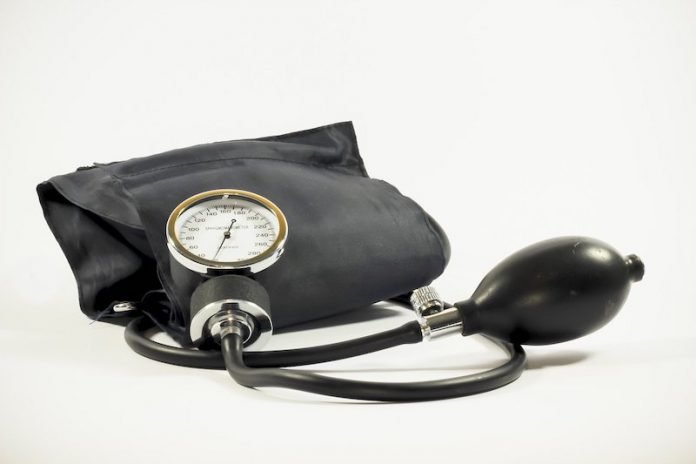
In a recent paper from the University of Basel, researchers gave personalized advice on the most effective exercise to lower blood pressure.
They recommended specific activities according to an individual’s current blood pressure level.
The study is published in the European Journal of Preventive Cardiology. One author is Professor Henner Hanssen.
One in four heart attacks is caused by high blood pressure. It is estimated that by 2025, around 60% of the world’s population will have hypertension.
While it is widely accepted that exercise lowers blood pressure until now recommendations have focused on the amount of exercise per week, without considering an individual’s starting blood pressure level.
In the study, the team used an analysis of the highest quality evidence to produce detailed guidance on how to lower blood pressure in people with hypertension, high-normal blood pressure, and normal blood pressure.
The goal of the recommendations for all three groups is primarily to lower blood pressure.
For each of the three groups, the paper outlines the first exercise priority for lowering blood pressure, followed by alternatives that still achieve reduction but to a lesser extent.
For people with hypertension (blood pressure of at least 140/90 mmHg), aerobic exercise is the most effective method. This includes activities such as walking, running, cycling or swimming.
In those with high-normal blood pressure (130-139/85-89 mmHg), dynamic resistance training is the first priority.
This refers to strength training typically involving at least six large muscle groups where muscle contraction results in movement—for example, lifting weights, squats, and push-ups.
People with normal blood pressure (less than 130/84 mmHg) benefit most from isometric resistance training. This involves static contraction of the muscles—for example, the handgrip exercise.
The team says obese individuals are very likely to develop high blood pressure if obesity persists over the years.
Healthy individuals with a hypertensive parent are also at risk of developing high blood pressure, as are women who had high blood pressure during pregnancy (gestational hypertension).
People in these groups can postpone or even prevent hypertension by exercising.
For most exercises, the blood pressure-lowering effect lasts for about 24 hours, similar to medication, so it’s best to be active every day if possible.
If you care about high blood pressure, please read studies about 8 big causes of high blood pressure everyone should know and findings of these high blood pressure drugs may lower dementia risk.
For more information about high blood pressure management, please see recent studies about this common vegetable may prevent salt-induced high blood pressure and results showing that these 3 daily essential minerals may prevent high blood pressure.
Copyright © 2021 Knowridge Science Report. All rights reserved.



